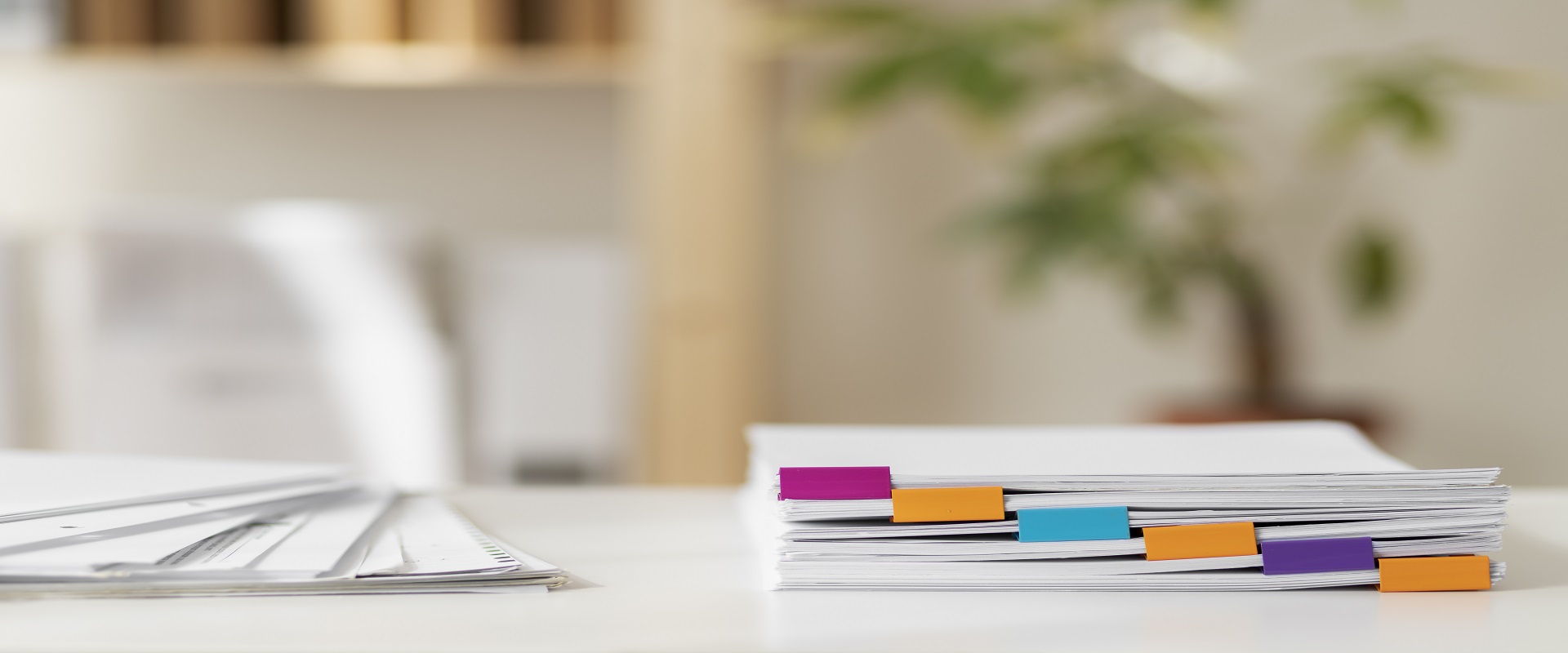Incoterms®
Due to their wide application, the Incoterms® is one of the essential standards when communicating with your business partners. They are used daily by exporters and importers worldwide to ensure transparent reporting and avoid costly misunderstandings. These cases can be business critical as wrong interpretation might lead to financial losses or delays in the worst case. It is therefore important to be familiar with the rules of your preferred Incoterms®. Primarily when you deal with overseas trade regularly, it will be inevitable to encounter unusual situations. In these cases, unique interpretations might be helpful.
Customs Clearance for Exporting
The first step to ensure timely and cost-effective clearance of your export shipments is to work with a freight forwarder that has established relationships with customs clearance agencies worldwide. The freight forwarder will submit the necessary documentation to import and export authorities on your behalf to secure the release of your shipment.
Proper documentation can help to ensure a successful export clearance. The shipper provides their brokers with the necessary documentation. And the broker submits a complaint form to customs. If the customs office is satisfied with your paperwork and authorizes release, you will be granted an official certificate of clearance to export (such as an ATA Carnet).
Inspections may occur physically or through documentation, with customs authorities applying varying control procedures to assess that exportation complies with national and international laws. For example, they may require inspecting the containers and products or have their usage demonstrated before clearing it through customs.
Customs Clearance for Importing
When working with a customs broker, importing goods into and exporting them from your country will be an experience similar to clearing outbound and inbound shipments. When you talk to your broker about the delivery, discuss the plan and provide all the necessary documents, such as import licenses, commercial invoices, product certificates, and proof of origin certificates.
An invoice is the purchase record used to establish a business relationship. It should also contain the necessary information for your customs department, international business partner and broker. After receiving documentation from your broker, the Customs Office either clears goods for entry or decides to inspect them. If your goods get held up in customs, you will need to find a way to clear them.
Which Goods Are Subjected to Government Regulations?
Government regulation of goods is necessary to ensure that these goods meet specific standards:
- The export of dual-use products is subject to government regulation because they have civilian and military applications. These products include manufactured items, technical components for machinery, software and technology. In some countries, exporting these items can be prohibited entirely.
- Agricultural products are subject to import quotas by many countries. It is to prevent a negative effect on their economies.
- Excisable goods are subject to a unique system of import duty, with certain alcoholic beverages and tobacco products attracting high anti-dumping duties.
Paying Customs Duties
Importing goods into a foreign market can be tricky. Many factors affect whether a product is exported and how much you should expect to pay for this process. For example, rules relating to shipping, duties and taxes will also dictate the viability of your goods in the market. Moreover, certain products require approval from the country's customs board before they can be marketed here. Therefore, regardless of whether you intend to import or export products, you must get informed about rules that apply to both processes.
All commercial goods must be declared to customs officials, and taxes will be levied at the applicable rate for that product's tariff classifications. The importer of record is generally responsible for paying import duties – but only if they pay any Sales or Excise Taxes. In some cases, anti-dumping charges are assessed for goods priced significantly below their cost of production.
As a leading global provider of forwarding and logistics services, Transworld Group handles all customs documentation, clearing and shipping in-country. From ports and terminals to warehouses, airports and transit centers, our comprehensive range of services will ensure that you make the most out of your international supply chain. It means faster service and delivery to get back to business.


 Back to Blogs
Back to Blogs